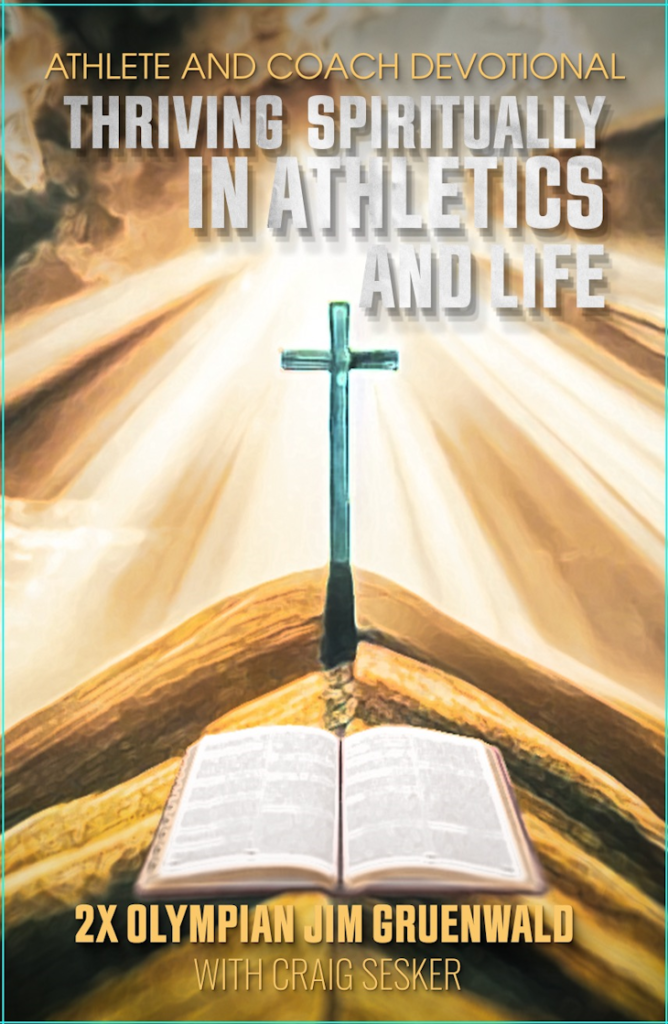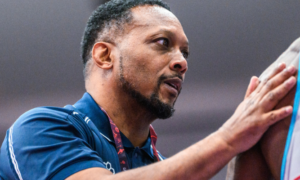On June 19, United World Wrestling announced that a rule modification will be in effect for Greco-Roman throughout the next three months as part of a prolonged testing process. This rule update is, compared to other recent procedural adjustments, not cumbersome — for all matches which end in a 1-1 score, the winner will be the first wrestler to have earned a technical point.
UWW is not testing this rule for matches which conclude with any other numerical values. Therefore, bouts ending with scores of 2-2, 3-3, and so on, will continue to abide by the current criteria system.
Matches involving 1-1 scores are routinely recorded in top-level Greco-Roman wrestling, and particularly for upper-weights on the Senior circuit. Under the current method of governance, passivity points are highly-influential factors in determining outcomes and play a large role when it comes to overall strategy. Below is how the passivity guidelines are described in UWW’s International Wrestling Rules, which were amended in 2023.
— 1st passivity in a match (regardless which wrestler), the bout is stopped, active wrestler receives 1
point and can choose between standing or par terre wrestling.
— 2nd passivity in a match (regardless which wrestler), the bout is stopped, active wrestler receives 1 point and can choose between standing or par terre wrestling.
— 3rd and any further passivity in a match (regardless which wrestler), the bout is stopped and the
active wrestler can choose between standing or par terre wrestling. The active wrestler will not be
awarded with 1 point.
The above procedures were introduced for the 2017-18 competitive season and have been in-use ever since. A perhaps inadvertent byproduct of these guidelines has been varying degrees of contrived gamesmanship.
UWW does not stipulate that the first passivity point (and par terre opportunity) is mandated to be awarded in Period 1 — but the overwhelming majority of the time, it is. Due to “last point awarded” criteria, the perception is that it is advantageous for an athlete to surrender the bout’s first passivity point to his opponent; if the athlete can defend from bottom par terre and is only trailing 0-1 entering Period 2, he is seen to be in prime position to collect the match’s next passivity point. This is because it is exceedingly uncommon for officials to award both passive points to the same athlete. Therefore, it has become routine in matches of perceived consequence for the athlete who is trailing 0-1 to “pick up the pace” just enough in Period 2 to ensure that he receives the bout’s second passivity point. So long as no other scores are awarded following the second passivity, this athlete will emerge victorious 1-1. It is this scenario that UWW is aiming to change with their latest rule update.
Below is UWW’s own explanation for how 1-1 bouts will be handled through the remainder of the Senior season (though it will affect age-group competition this summer, as well).
“Testing at the European Championships in Bratislava, Slovakia yielded positive results. However, to fully evaluate the rule, the Commission agreed to conduct further tests at more events.
“Beginning with the U15 European Championships in Caorle, Italy from June 25, all future events till the 2025 World Championships in Zagreb, Croatia will be conducted under the new rule which awards the victory to the wrestler who scored the first technical point if the match ends 1-1. This means that the 2025 World Championships in Zagreb will be part of the testing.
“The change comes after it was unanimously acknowledged that the existing rule, which awards victory to the athlete who scores the last point, may unintentionally encourage passivity at the start of the bout. Wrestlers could strategically aim to secure a passivity point in the second period, ultimately winning the match without demonstrating consistent engagement throughout.
“UWW once again stresses that the modification will be implemented exclusively for Greco-Roman and will apply only to matches that end with a 1-1 score. For all other score scenarios, the existing wrestling rules will remain in effect.”
World Team Members Comment
Two members of the 2025 US World Team, Payton Jacobson (87 kg, NYAC/NTS) and Cohlton Schultz (130 kg, Atreus WC), were asked about their perspectives of UWW’s new rule change, which as noted is already being deployed — and will be utilized both at the upcoming “Ranking Series” tournament this month (Polyak Imre Memorial, Budapest) and the World Championships in September.
Payton Jacobson — 87 kg, NYAC/NTS
“I feel like it’s good for a lot of 87’s just because 1-1 matches happen a lot in this weight class, and more and more as the weights get heavier. It will make guys wrestle faster, which will lead to more points at the end, I believe, because guys will get tired and start reacting more. Maybe you will see more action at the end of a match now instead of guys chilling at the beginning and not do anything just so they can get to par terre and play the par terre game. It’s just how a lot of guys do it because they have impactful par terre defense. It is a lot harder to turn guys in the heavier weight classes because it is more mass and harder to pick guys up. I think this will be real good for the weight class, to be honest.
“For me, I always try to get on top first because I like going into par terre, to begin with, and because I feel like I can do well in the second period no matter what. But timing-wise, I think it’s good, to get that trial run when we get to Budapest and for whatever other tournaments there are leading up to Worlds. I mean, they tried this at the European Championships and it seemed like it went better. I don’t know if there were more or less 1-1 matches. Obviously, the referees don’t want that just because spectators aren’t going to want to see those types of matches, and I think this rule will help get rid of those.”
Cohlton Schultz — 130 kg, Atreus WC
“I think it is pretty exciting. I think it helps me out, truthfully, because I’ve been on the receiving end of some boring matches because international guys have been gaming the system for a while. Especially heavyweights. You’ve seen it. They coast in the first period to make sure they get hit with passivity first, and then you get the passivity point; then in the second period, now suddenly they want to come out of the gates guns blazing, so then you get hit and that’s the whole match. I have always refused to play that game because it’s boring and a silly way to win a match.
“I think it is beneficial for me because the guys who are trying to win on passivity, now they have to fight from beginning to end. You can’t just game the passivities anymore. They have to actually score points to win matches. You can’t just rely on passivity anymore — hopefully.”

Listen to “5PM57: Kamal Bey and David Stepanyan” on Spreaker.
Listen to “5PM56: Rich Carlson and Spencer Woods” on Spreaker.
SUBSCRIBE TO THE FIVE POINT MOVE PODCAST
iTunes | Stitcher | Spreaker | Google Play Music

















